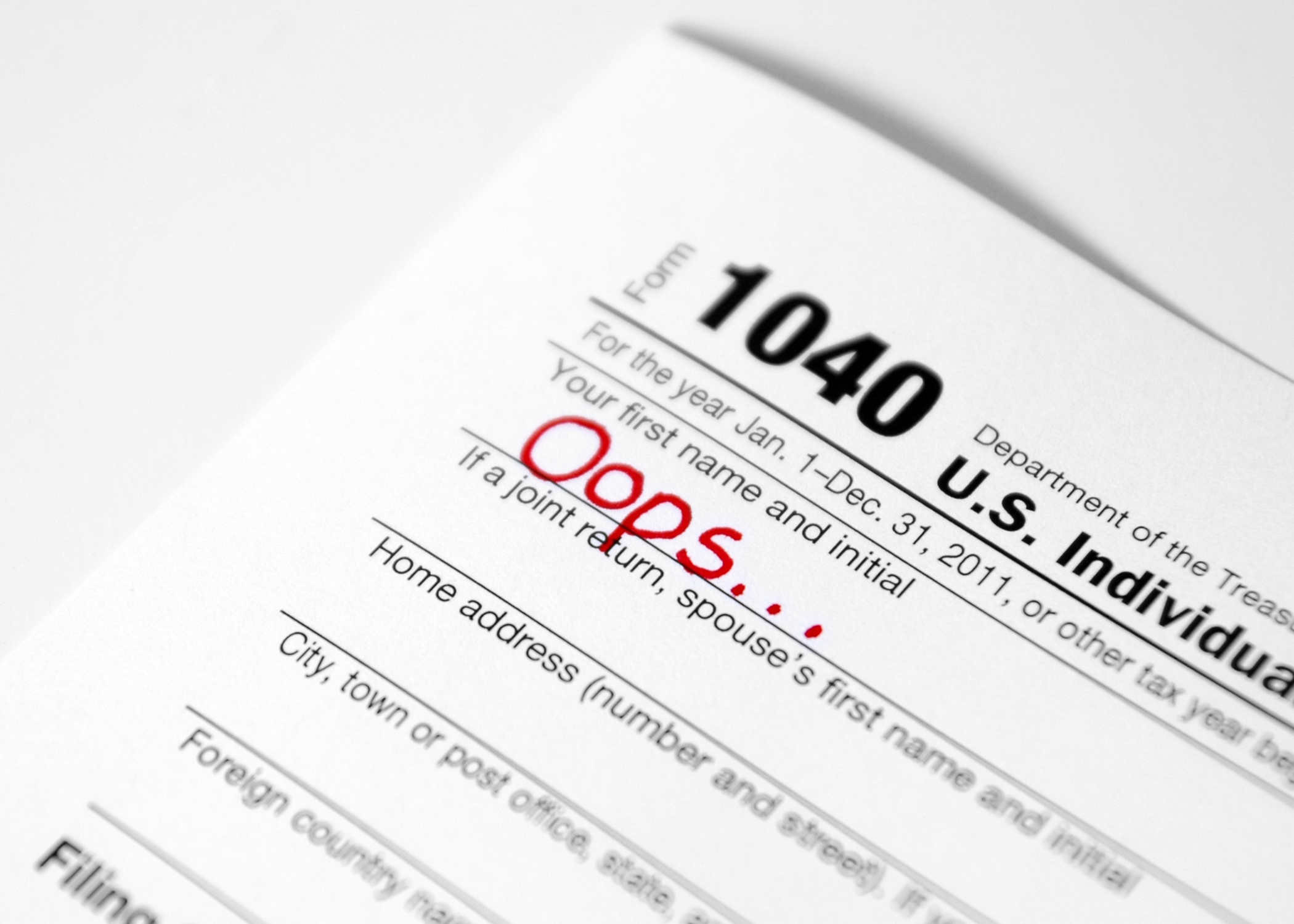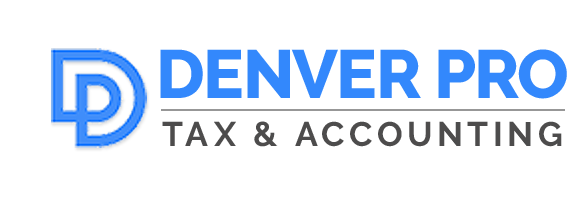4 Common Tax Return Errors to Avoid
All the information you need before you file.The last thing anyone wants is to be audited by the IRS for filing taxes incorrectly. The best way to avoid filing incorrectly is to hire a professional that will file for you with the knowledge and expertise to do everything correctly. But-if you want to take care of your taxes yourself-here are 4 common tax return errors to avoid:
1. Entering the wrong numbers
From your social security number to making a mathematical mistake, there are plenty of places to enter the wrong numbers when filing your taxes. Make sure to double check every number you enter and be very careful with your math. If you are doing your own calculations on paper and filing the old-fashioned way, the chance for error is much higher.

Though you may be used to filing your taxes on paper and mailing them in, the IRS prefers electronic filing (e-filing) because the math is done for you, you are prompted to double check everything entered, and there is a better chance you will fill out all the necessary forms.
2. Choosing the wrong filing status
A lot can happen in a year—marriage, divorce, death in the family. Major life changes will impact your taxes, particularly your filing status.
Be sure you know and understand the five filing statuses: single, married filing jointly, married filing separately, head of household, and qualifying widow(er) with dependent child. If you don't know the differences, we can help. The IRS also has a tool to help you choose your filing status.
3. Missing credits or deductions
Self-employed workers must pay the self-employment tax and federal taxes, but the thresholds for federal taxes are different. All employees with an annual income over $11,400 must pay federal taxes, while workers making less than $11,400 are exempt. Since that amount is above the $400 benchmark for the self-employment tax, you would still be required to file.
4. Ommitting other income
You've already entered the income from your W-2 on your tax return, but all your income must be reported. For example, you can have a side business, where-if you make more than $400 a year-you will have to fill out Form 1040 and report that income. For more information, read our article discussing self-employment taxes.
When you work with a professional like Denver Pro Tax, your tax return is checked for errors ensuring your taxes are filed correctly. In addition, we can help you get your maximum refund by getting you all the credits and deductions you and your business qualify for.
If you are in the south Denver area, let us help you with your individual or business taxes. Contact us today!

